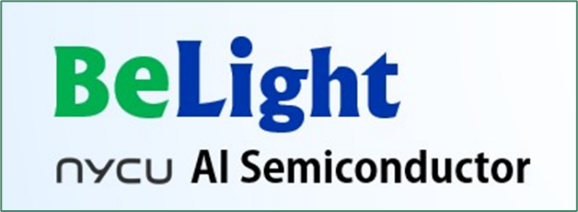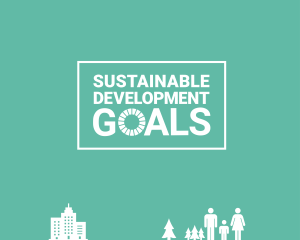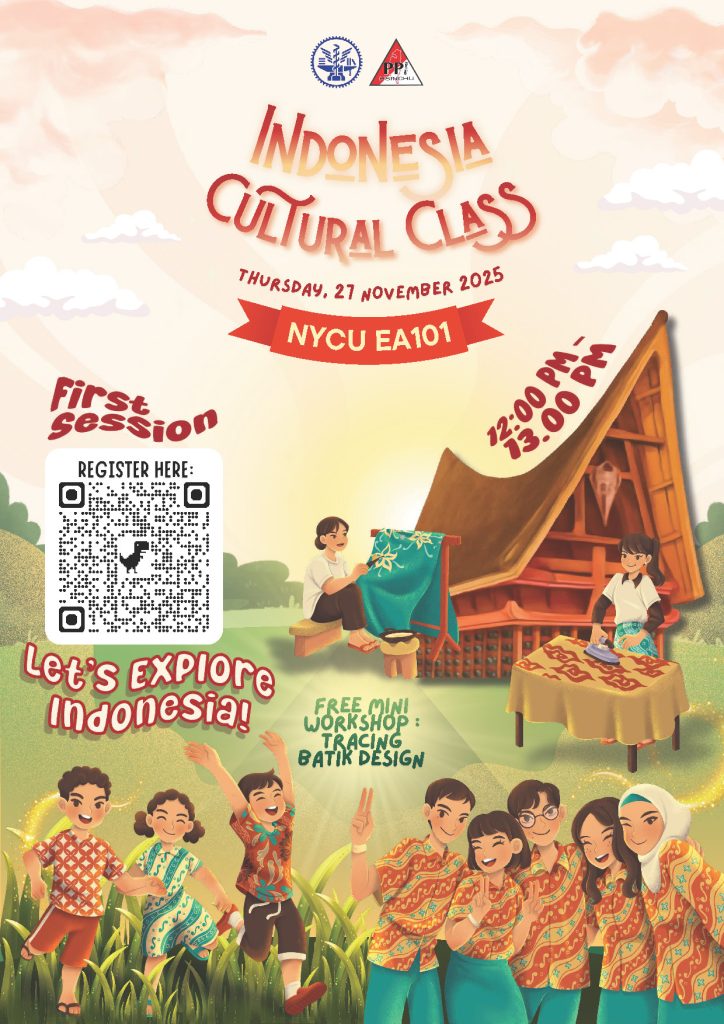Promoting K12 Science Education: Belight AI Semiconductor Cultivates Semiconductor Knowledge
To address the public’s growing interest in AI semiconductors, Yang Ming Chiao Tung University has launched Belight AI Semiconductor, aimed at providing K12 popular science education. This initiative allows the public to “Even don’t learn complex instrument techniques we all can enjoy the beautiful music.”
—————————————————————————————————-
For the past 20 years, MIT has championed gamified education, successfully developing Scratch to drive global programming education. Scratch has since become an independent non-profit organization. Yang Ming Chiao Tung University has further integrated sensory technology, utilizing TSMC manufactured IMU chips. Collaborating with the strong alumni manufacture resources and primary school teachers, we have explored teaching scenarios and designed the Rabboni device, successfully promoting semiconductor science education across various counties and cities in TW. With support from the TSMC Cultural and Educational Foundation, we have established a K12 semiconductor science popularization platform centered on enjoyable learning.
Currently, we have secured the consent of TSMC, MIT, and the Scratch Foundation, and we are collaborating with experts from the Institute of Education for book authoring to demonstrate Taiwan’s successful experience in semiconductor science popularization through partnerships among industry, government, and academia. Our efforts will extend to Hsinchu County and City, Taoyuan, and Kaohsiung, promoting the real cases. Building on Yang Ming Chiao Tung University’s 60 years of dedication to semiconductor education, we are fulfilling our social responsibility for K12 semiconductor science education.
The primary goal of Belight AI Semiconductor is to engage K12 students in the classroom through Scratch animation games and the Rabboni AI sensory device. We emphasize explaining the semiconductor activation mechanism using students’ existing knowledge of mathematics, physics, and chemistry, ensuring that we do not increase their academic burden. This approach maximizes their study time, encourages a solid foundation, and prepares them for future careers in various fields, allowing them to leverage semiconductor technology and enjoy its benefits. We welcome K12 students to build a strong foundation that will enable them to explore advanced theories at Yang Ming Chiao Tung University alongside esteemed professors.
Our team has long been dedicated to promoting popular science education, successfully introducing the Rabboni device to primary and secondary schools in Taipei, Hsinchu, Taoyuan, and other regions. For instance, a teacher from Sunshine Primary School in Hsinchu City guided students in programming Scratch to interact with the Rabboni sensor. By attaching the sensor to their feet, students could track their steps and “travel around the world,” demonstrating a healthy lifestyle integrated with technology.
Since 2022, the team has collaborated with TSMC to deliver the “Big Brothers and Big Sisters Talk about AIoT Semiconductors” course at numerous high schools in Hsinchu. This initiative allows schools to arrange a 6-hour micro-course where “Big Brothers and Big Sisters” teach in person and provide AIoT semiconductor sensing devices. Additionally, through an online lecturer solicitation activity, outstanding student projects will be showcased at the “Little Brother and Little Sister Talk about Semiconductors” exhibition, planting the seeds of semiconductor-related industries in the hearts of young learners. This initiative helps students understand the global impact of Taiwan’s semiconductor industry and encourages them to consider future careers in this field.
From 2021 to 2024, Hsinchu County and the Taoyuan Municipal Government had jointly host the “Win-Win Cup – Jingchuang Future National League,” promoting smart Internet of Things courses to primary and secondary schools nationwide using the Babboni smart sensor. This competition aims to enhance the teaching capabilities of educators and students in information technology applications and semiconductor IC science popularization. Teams from primary, middle, and high schools across the country will participate, focusing on the themes of “Intelligent Connected Sensing” and “Semiconductor IC Science Popularization,” fostering creativity and valuable applications. The semiconductor IC popular science competition encourages participants to connect their understanding of semiconductor ICs with the creation of accessible educational materials.
 —————————————————————————————————-
—————————————————————————————————-
Written by:Professor Kuei-Ann Wen (pictures from the team member of prof. Wen)
Achievement and Source of this project :https://12u10.lab.nycu.edu.tw/
Note:”Belight AI Semiconductor” has officially applied for a trademark, led by the Silicon Guide R&D Center, NYCU.











